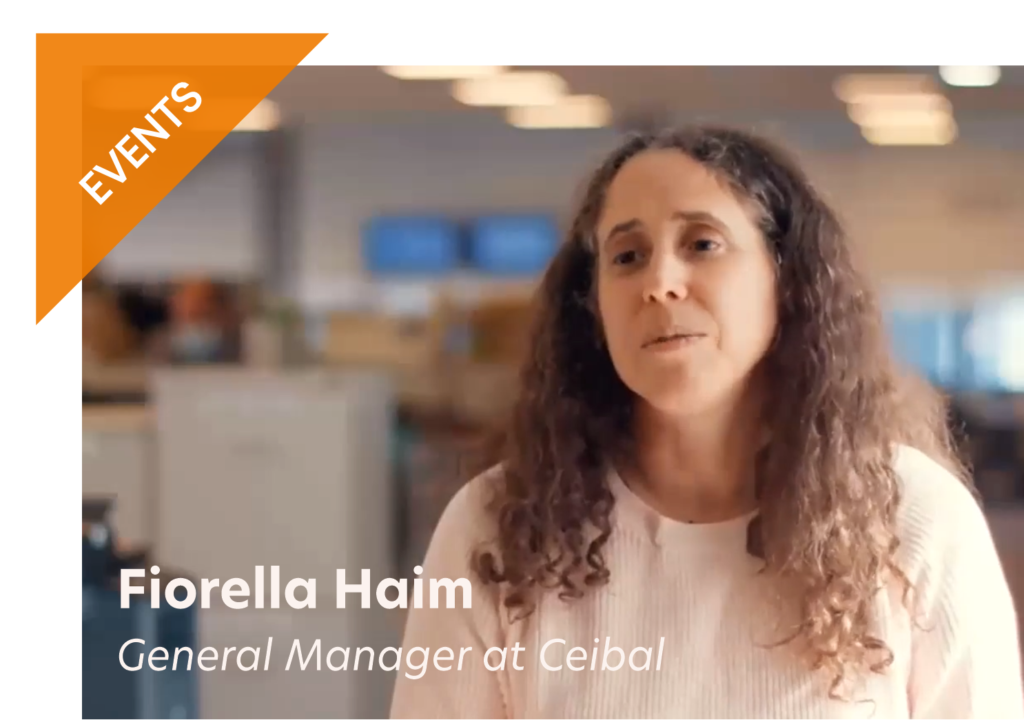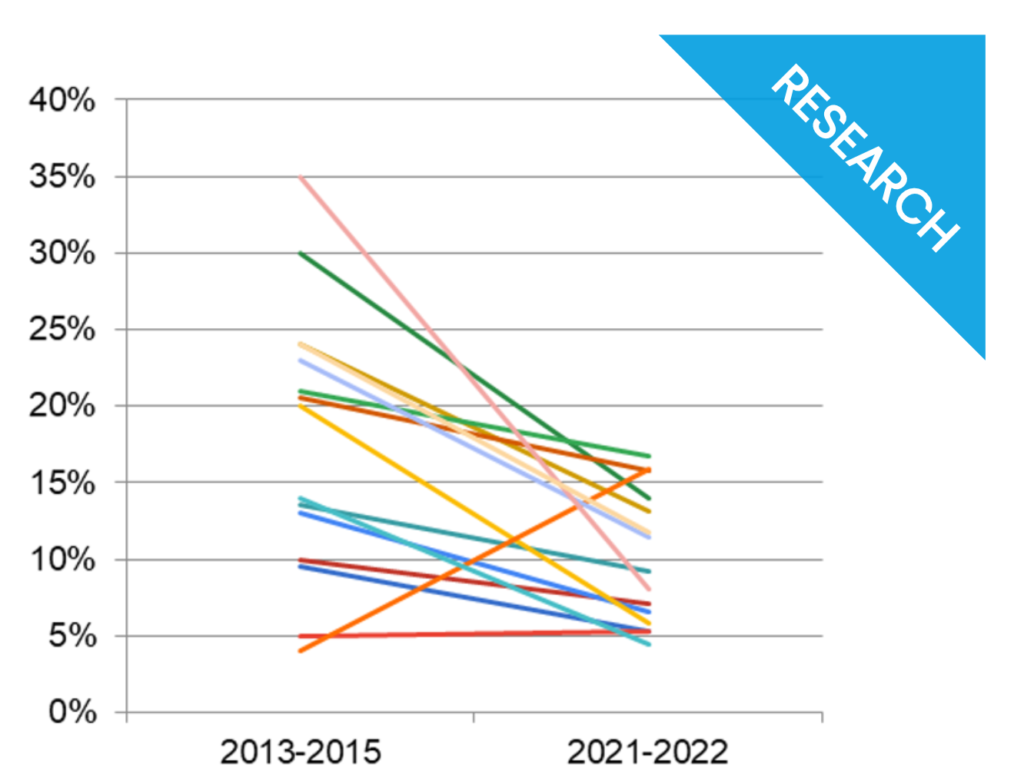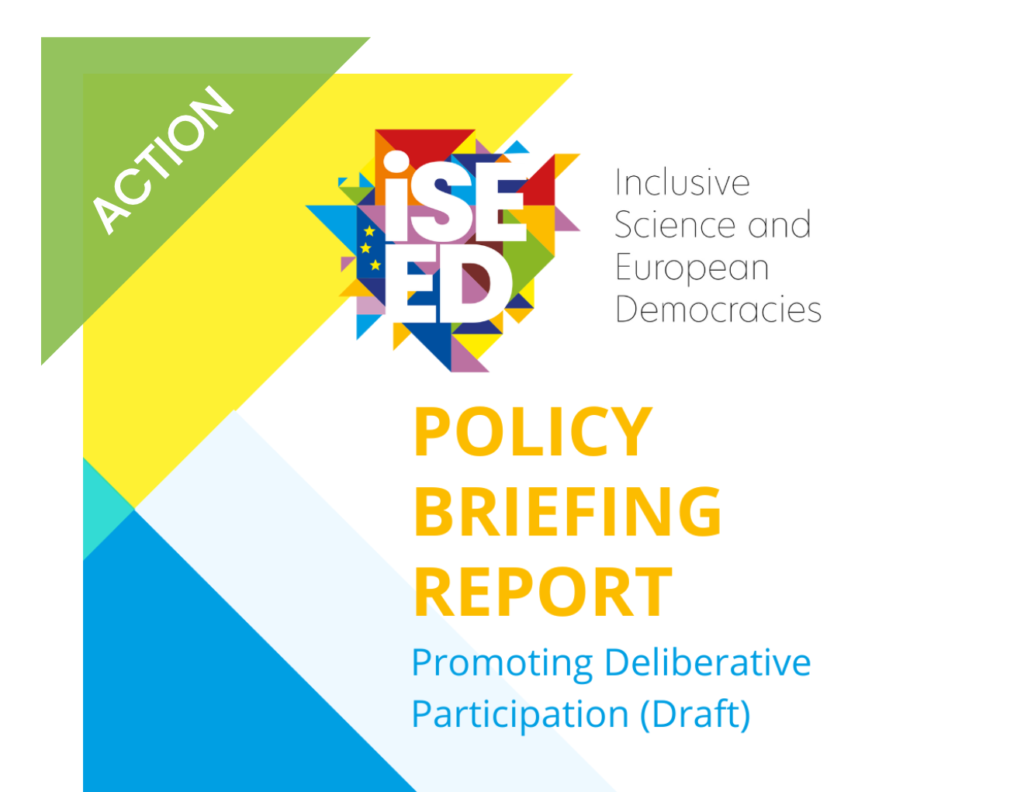September, 2023
September, 2023
ISEED saw a productive month in September! We present our latest webinar about Ceibal institution and its development on Digital Citizenship, 2 papers from member Magda Roszczyńska to be presented at a prestigious conference HICSS and our latest Policy Brief based on ISEED’s research.
Events
ISEED Webinar on Digital Citizenship with Ceibal Institution

Our ISEED “Inclusion, Science and Democracy” webinar series continued with a session this 28th of September on “Ceibal and the Development of Digital Citizenship”. The webinar is now available on our YouTube channel, in Spanish and English!
The presentation explored the evolution, main areas of action and institutional developments of the public organization Ceibal, which works as part of the Ministry of Education in Uruguay to develop and provide relevant technological capacities and literacy in Uruguay.
The keynote presenter was Roberto Porzecanski, Internationalisation manager, and leader of Ceibal’s strategy and execution in the area of internnational consulting.
The talk included a discussion of how Ceibal scaled up its activities from the local to the national level, the process of diversifying its programs and projects, and the path taken by Ceibal in the development of Digital Citizenship with teacher training programs and skills for the exercise of full citizenship from a human rights perspective.
ISEED discussed their reactions to the COVID-19 crisis as well as how programmes for facilitating older people’s digital literacy brought younger and older generations together.
Our next webinar is on October 26th with Luis Cadenas and Eduardo Grampin who will tell us more about the Latin American RedCLARA network and initiatives.
Research
ISEED represented on HICSS 2024!
We are glad to announce that Dr. Magda Roszczyńska-Kurasińskahas, Deputy Director, Robert Zajonc Institute for Social Studies, Poland, had two papers accepted for the prestigious The Hawaii International Conference on System Sciences (HICSS)!
The first one, “The problem of low participation in participatory budgeting from the perspective of adoption of innovation”, focuses on how Information and Communication Technology based tools for e-participation have significantly lowered the entrance cost for citizens and augured widespread presence of citizens in the policy formulation process.
The paper present insights from the area of innovation adoption and proposes an analytical framework for assessing e-participation initiatives’ potential for eliciting wide citizen participation. The study examined participatory budgeting in 18 major Polish cities and established that local authorities often fail to make participatory budgeting a successful innovation in terms of inclusion and diversity by overfocusing on needs and expectations of those who participated in the process (10% of population).

The second paper, “Challenges and Future Directions for Integrating Healthcare Wearable Sensors into Smart Cities and Communities”, explores the challenges related to the implementation of wearable sensors in the context of smart cities, particularly in the domains of health and wellbeing. Such sensors are increasingly used in clinical and public-health interventions, for early symptom identification, performance alerts, and real-time monitoring. While opportunities and benefits presented by wearable technologies are relatively well-known, this paper’s goal is to highlight risks and challenges related to their implementation.
Action
Promoting Deliberative Participation: ISEED Policy Brief
Our second version of the ISEED Policy Brief on Promoting Deliberative Participation in European democracies is now available here!

ISEED is developing insights into forms and formats that can be disseminated beyond the academy and speak to relevant European stakeholder communities and policy-makers.
The policy brief offers some preliminary insights from our research, organised under key themes, and going into further detail once it comes to particular work packages. The topics include recognising lay people as experts, and moving towards less elitist models of governance, considering science education as happening in a participatory manner, driven by children themselves from a younger age in schools (inspired by Uruguay’s Science Clubs model), supporting folks involved in citizen science initiatives to consider the dimensions of Responsible Research and Innovation and thinking about long-term funding for initiatives like data cooperatives.
ISEED is developing these and other insights in modes that can reach out to politicians, civil society actors, educators and all of us who are in a position to promote inclusion and participation in democratic science-based deliberation. And we are open to your input too!
Text: Frederik Rósen, Magda Roszczyńska, Sophia Efstathiou
Edit: Sophia Efstathiou and Sarah Santos
Last updated: 04/10/2023


